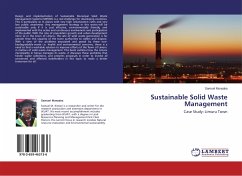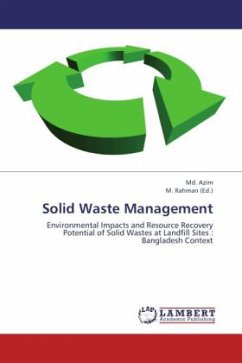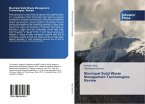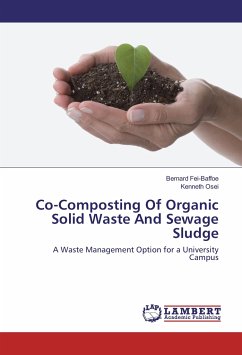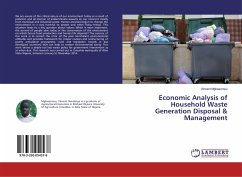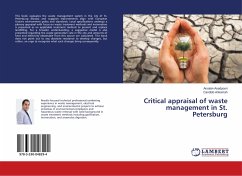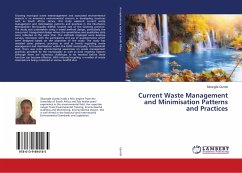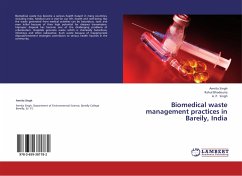Design and implementation of Sustainable Municipal Solid Waste Management Systems (SMSWS) is a real challenge for developing countries. This is particularly so in places with very high urbanization rates and very low public awareness. Any management strategy in this sector will be sustainable only if it is cost effective, environmentally friendly, and implemented with the active and continuous involvement and participation of the public. With the rate of population growth and urban development more so in the town of Limuru, the rate of solid waste generation is far greater than the capacity of the town authorities to collect and dispose. With a view of the problems associated and posed by these non-biodegradable waste i.e. health and environmental concerns, there is a need to find a workable solution to improve efforts of the Town of Limuru in matters of solid waste management. This book outlines how the Limuru municipality in Kenya manages its waste, it discusses those problems that hinder waste collections, and presents proposals in order to involve all concerned and affected stakeholders in this topic to make a better tomorrow for all.
Bitte wählen Sie Ihr Anliegen aus.
Rechnungen
Retourenschein anfordern
Bestellstatus
Storno

